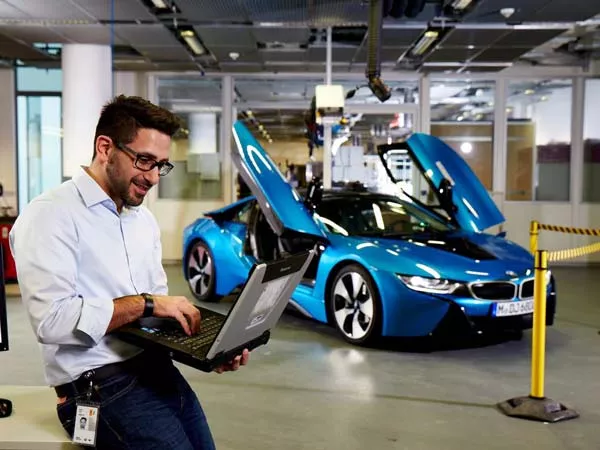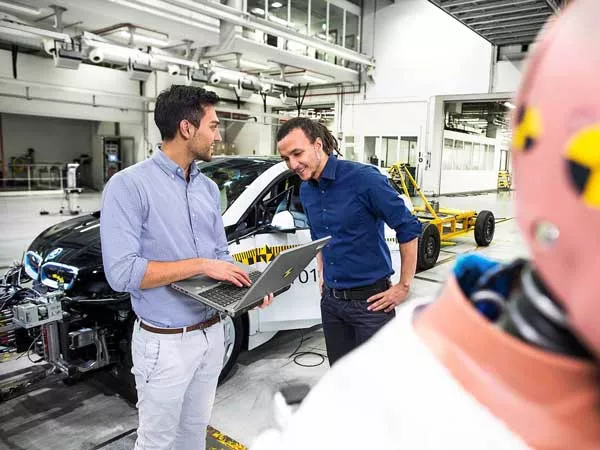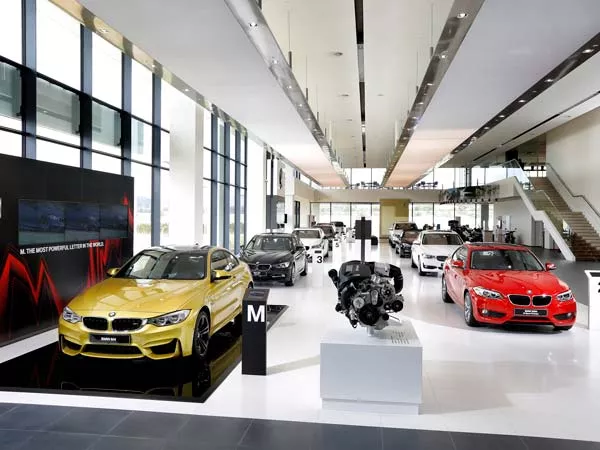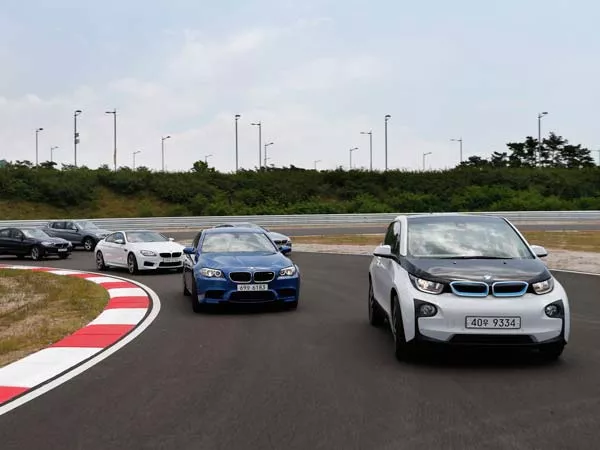Reducing the cost of electric cars which seem less attractive to consumers due to their price has always been a real struggle to carmakers.
At the same time, they also have to deal with the pressure to decrease vehicle emissions and declining demand for diesel cars.

BMW estimates its research and development budget (R&D), measured as a percentage of sales, to increase in 2018
>>> View more: Future BMW iNext will be an electric crossover with level 3 autonomy

Carmakers for many years have strived to reduce the cost of electric cars

R&D spending would account for approximately 6 percent of revenue this year

Merkel told Germany was unlikely to achieve the government's ambitious target of putting one million electric vehicles (EV) on the roads.
On Monday, Merkel told Germany was unlikely to achieve the government's ambitious target of putting one million electric vehicles (EV) on the roads by the end of the decade. Any breakthrough in battery cell technology, however, could quickly trigger a demand for battery-powered cars, she added.
>>> View more: BMW unveils the 2018 BMW 2 Series and M2 Coupe facelift
BMW Assist emergency communication system
BMW cars
Car emission problems
auto sales report
Electric vehicles
German automakers
Recent posts
- Ford PH strengthens SUV line-up with all-new 2020 Ford Everest Trend 4x2 AT Jun 01, 2021
- SUV prices in the Philippines from the most popular brands Jan 04, 2023
- Ford Ranger Raptor 2019 Philippines Review: Performance straight out of the box Dec 16, 2022
- Ford Philippines price List 2026 Aug 01, 2020
- Top 5 of the best diesel SUVs in the Philippines Oct 29, 2022










